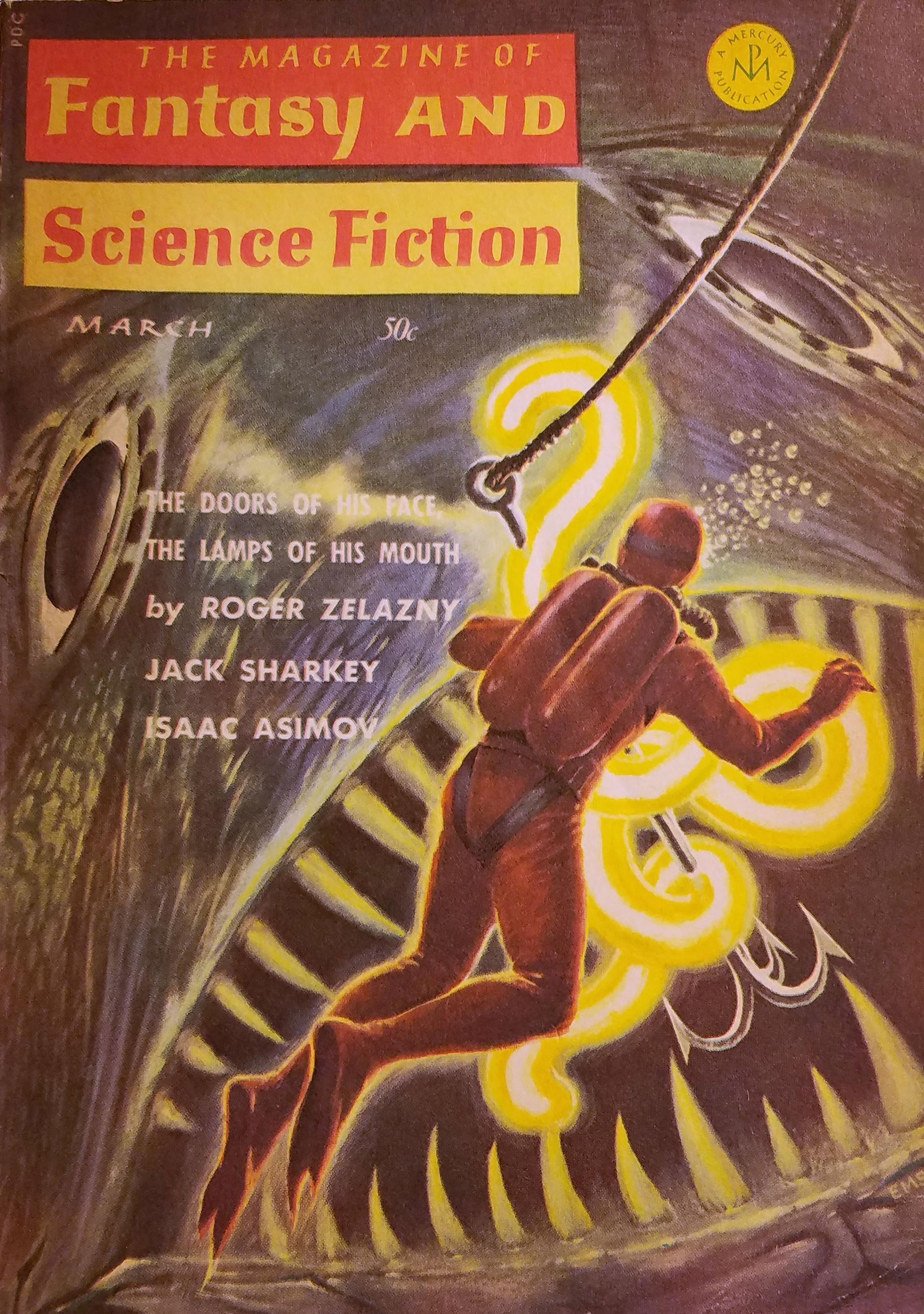
by Gideon Marcus
Leaving things hanging
There's something compelling about things left incomplete – from Schubert's Unfinished Symphony to President Kennedy's first term. In the gaps of what could have been, we can fill in countless possibilities rather than just the one.
This month's Fantasy and Science Fiction (like this month's Galaxy, an "All-Star" anniverary issue) trades almost exclusively in incompletes, its pieces ending in ellipses dots rather than hard stops.
Does this make for an effective magazine? Let's dig in and find out:
Beginnings…

by Chesley Bonestell
… And Call Me Conrad (Part 1 of 2), by Roger Zelazny
Hundreds of years from now, a war-ravaged, radiation-scoured Earth is little more than a colony of the blue-skinned Vegans who lease our planet out of historical curiosity. Humanity is much reduced, confined to the former backwaters of civilization.
Against this backdrop, we are introduced to Conrad Nomikos, head of the world's antiquities preservation bureau, who is tapped to escort a Vegan journalist as the alien gathers information for a travelogue of blasted Earth.
But there is far more to Conrad than he likes to let on. Something of a rogue, and possessed of pretenatural strength, skills, and psychic abilities, he is actually Konstantin Karaghiosis – mutated into a Methusaleh by radiation and erstwhile leader of a radical anti-Vegan colonial movement that had, decades before, spiked Vegan ambitions to take all of Earth.
Now Conrad finds himself embroiled in multiple intertwined plots as the Vegan journalist becomes the target of an assassination attempt, his mission to Earth having a more significant goal than just a John Gunther volume. Conrad, too, is personally imperiled, though who wants him dead and why are open questions.
This first part of a serial leaves off just as the second attempt on Conrad's life (if such they were; he cannot be certain) has failed. It looks as if Conrad may well have to resume the revolutionary mantle of Konstantin to navigate the crisis.
Zelazny can sometimes be a tough pill for me to swallow. One of the Journey's regular readers observed that he's done more than any current SF writer to bring Hemingway to our genre, and I feel that Roger sometimes trades readability for that stylistic choice. That said, after a somewhat plodding beginning, the fleshed out background and advanced storyline becomes quite compelling.
Call it three stars for now, but with potential for the ending (if and when it come) to raise things retrospectively.
Mirror, Mirror, by Avram Davidson
Milquetoasty fan of A. Merritt spends his spare hours scouring local second-hand shops for jade mirrors with which to escape our reality into something more fantastical and swashbuckling. What he doesn't count on is someone from another reality with a similar passion finding their way to his world.
As a premise, it's a fantastic mirror to works like The Incomplete Enchanter. As a vignette, however, it suffers for an overlong beginning (relative to the length of the piece) and the lack of a real resolution. In this case, unfinished means unsatisfying.
Three stars.

by Gahan Wilson
(here's a rather pointless doodle by Mr. Wilson, one that doesn't even pertain to our genre; the reason for its inclusion escapes me)
The Future, Its Promoters and False Prophets by E. Brandis and V. Dmitrevskiy, and
Replies by Poul Anderson and Isaac Asimov and Ray Bradbury and Mack Reynolds
Here's an interesting piece: a critique of American science fiction by two Soviets followed by replies by the authors specifically mentioned (including reference to Asimov's foreword to More Soviet Science Fiction). It makes for a fascinating debate, one that is clearly ongoing. I hope F&SF continues to cover it.
Five stars.
No Jokes on Mars, by James Blish
A journalist is sent to the Red Planet to check up on a colleague whose work has become perfunctory and cynical. While on a tour of the Martian wilderness, her escorts poach a pomander from the pouch of a native dune-cat; the aromatic ball is of high value on Earth as a perfumed ornament, but its heist dooms the Martian creatures (who prove to be sentient) to a slow death. Can she make it off Mars with the story?
It's a good story, but it suffers both for its 1950s depiction of Mars and the extremely sudden ending, which I ended up reading several times, wondering if I'd missed a paragraph or two somewhere. Here, the unfinished nature left me wanting rather than dreaming.
Three stars.
The Glorious Fourth, by Jack Sharkey
Three astronauts from Earth land on an Eden teeming with an ecology so vigorous that its creatures refuse to die. One of the crew, despairing of service under the martinet captain, goes native – literally. And while the process is pleasant for him, the interaction between the remaining two and the planet's life forms is ultimately less enjoyable.
Jack Sharkey's byline is one I'm normally wary of, but he delivers a decent story here, and the vague ending, only hinting at the horrors the two spacemen will face (and the reason for their unpleasantness), is effective.
Three stars.
Minutes of A Meeting At The Mitre, by Robert F. Young
Old Nick meets Samuel Johnson. With a punchline telegraphed from the beginning, the only motivation for this piece seems to be Young's desire to do a Boswell pastiche.
Well, the story may have finished, but it's clear that the hoary "Deal with the Devil" subgenre of fantasy is not.
Two stars.
The Land of Mu, by Isaac Asimov
The Good Doctor picks up where he left in his elementary physical particles, this time discussing the differences between electrons and mu mesons (muons). It's an absolutely fascinating piece, and it's very clear from its conclusion that there is still so very much we don't know about the universe's tiniest components.
Five stars.
Something Else, by Robert J. Tilley
A punctilious, nature-hating music professor crashlands on a deserted planet with only a clarinet and box of jazz music spools to keep him company. Well, not quite deserted: there is also a solitary shaggy alien with the ability to mimic music perfectly. Thus begins an interspecies friendship.
Perhaps intentionally, the ultimate story in this collection does have a definite ending, which is sadly to its detriment. Rather than building to some kind of revelatory peak offering some sort of interesting insight on the human condition, there is, instead, a pointless downer of a conclusion, better suited to a lesser episode of The Twilight Zone. Tilley, the piece's author, is also about 20% more wordy than he needs to be.
Three stars.
Endings?
I would say that this month's reliance on the unfinished story had mixed results. However, at the very least, I am now looking forward to the conclusion of the Zelazny piece; at most, I find my thoughts returning to the other uncertain endings, imagining the myriad outcomes that might have better resolved these otherwise unsettled lines.
Art reflects reality indeed!
Our next Journey Show: At the Movies, is going to be a blast!


![[September 20, 1965] Unfinished Business (October <i>Fantasy and Science Fiction</i>)](https://galacticjourney.org/wp-content/uploads/2020/09/650920cover-672x372.jpg)

![[September 14, 1965] The Face is Familiar (October 1965 <i>Galaxy</i>)](https://galacticjourney.org/wp-content/uploads/2020/09/650914cover-551x372.jpg)








![[August 20, 1965] Look both ways (September 1965 <i>Fantasy and Science Fiction</i>)](https://galacticjourney.org/wp-content/uploads/2020/08/650820cover-672x372.jpg)




![[August 10, 1965] Binary Arithmetic (September 1965 <i>Fantastic</i>)](https://galacticjourney.org/wp-content/uploads/2020/07/Fantastic_v15n01_1965-09_0000-2-672x372.jpg)




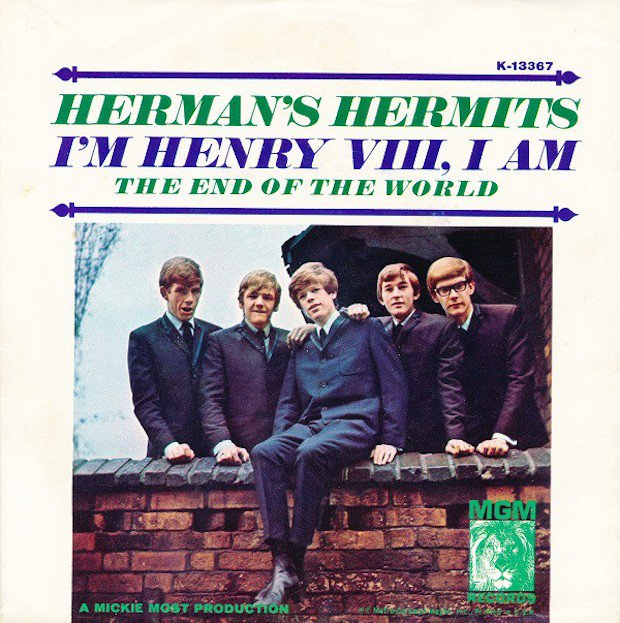
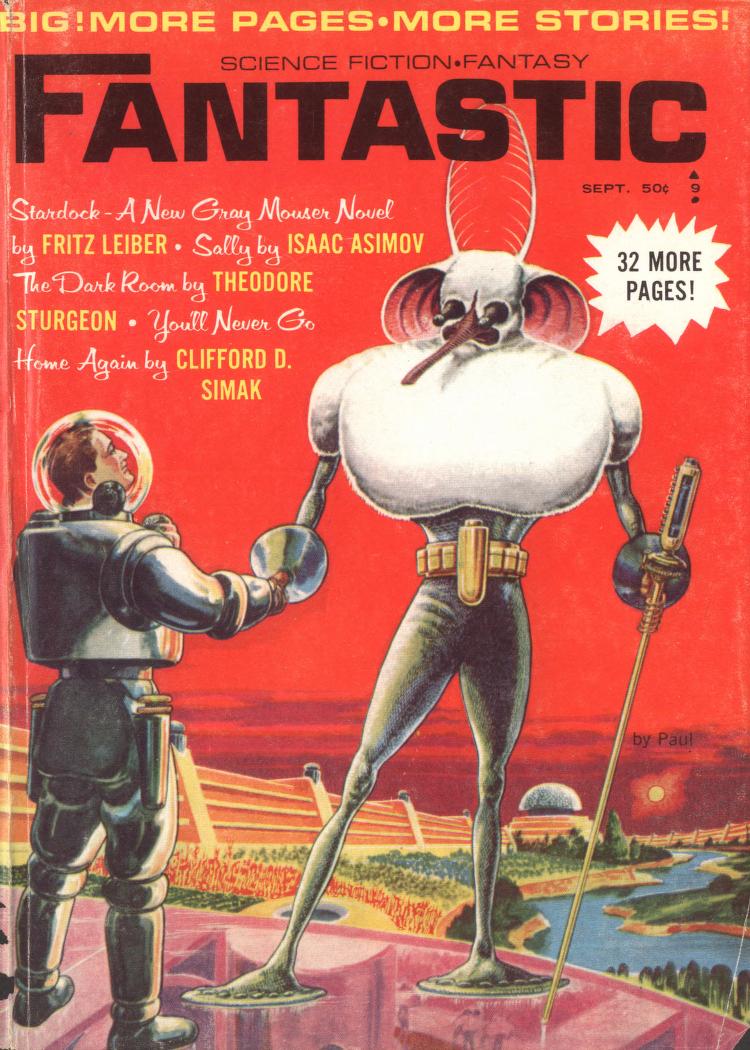
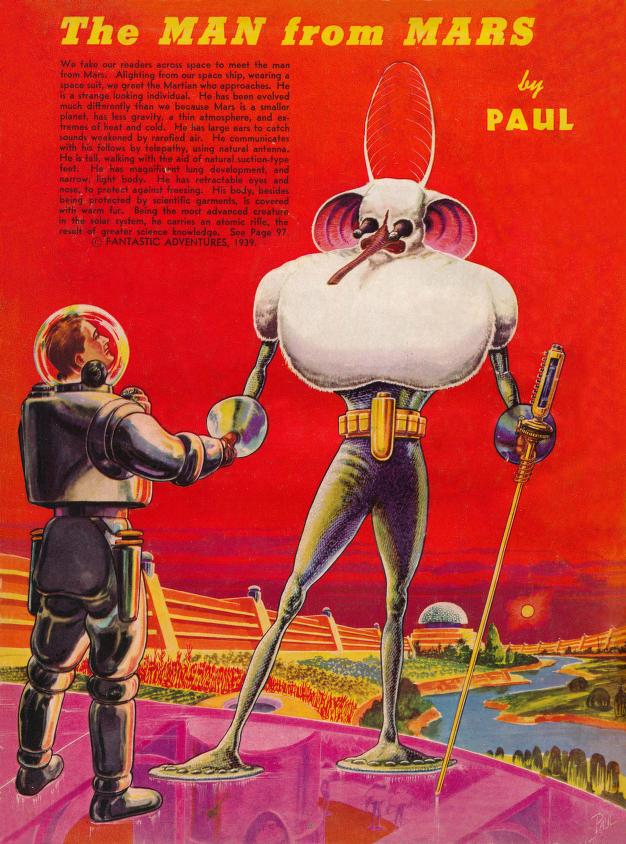
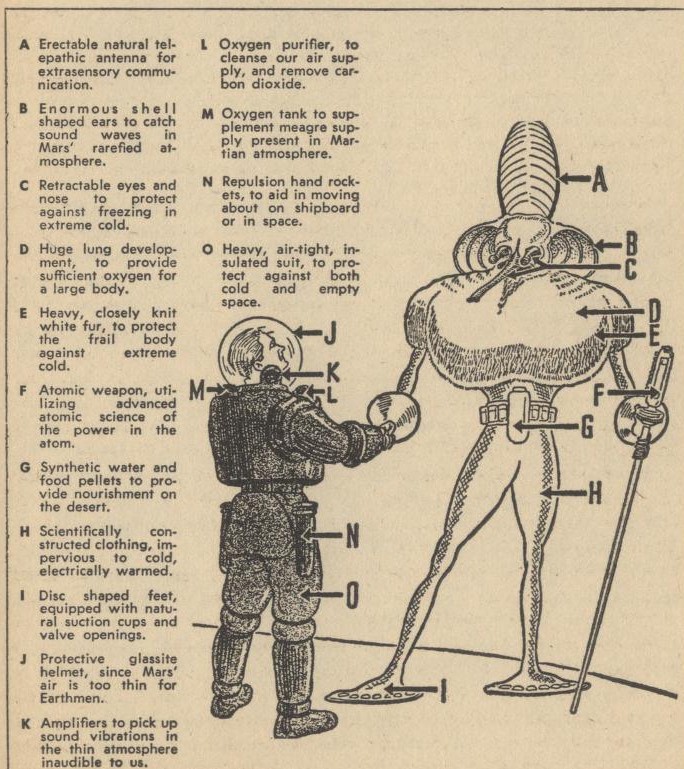
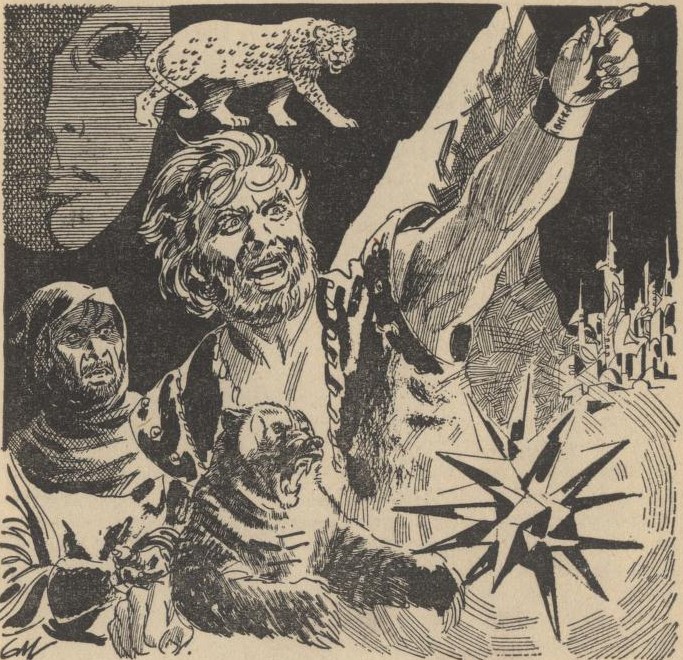
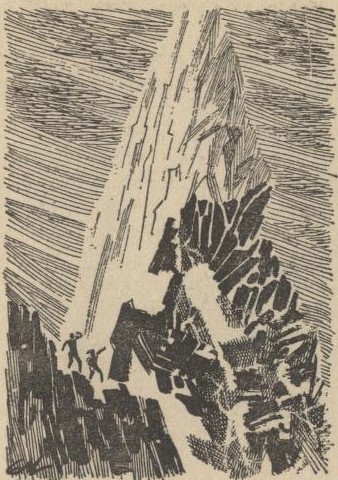
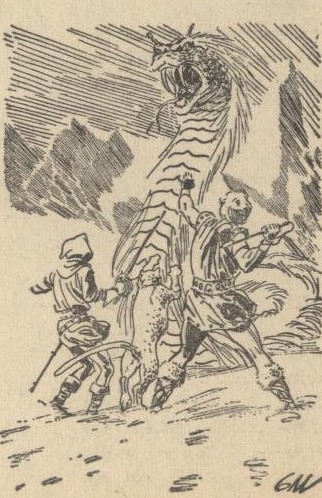
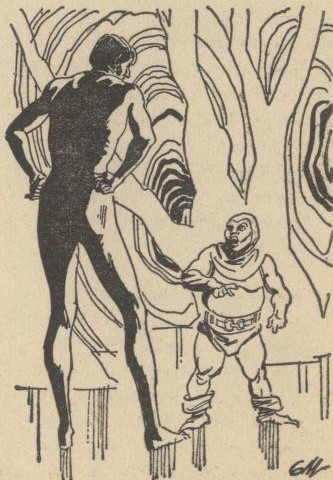

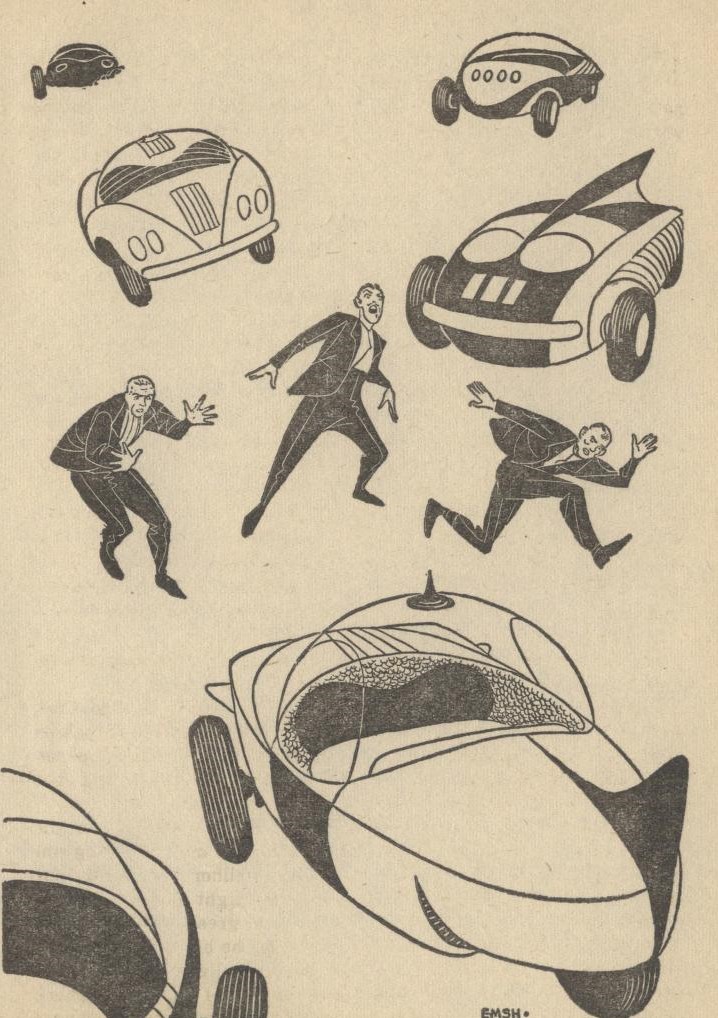

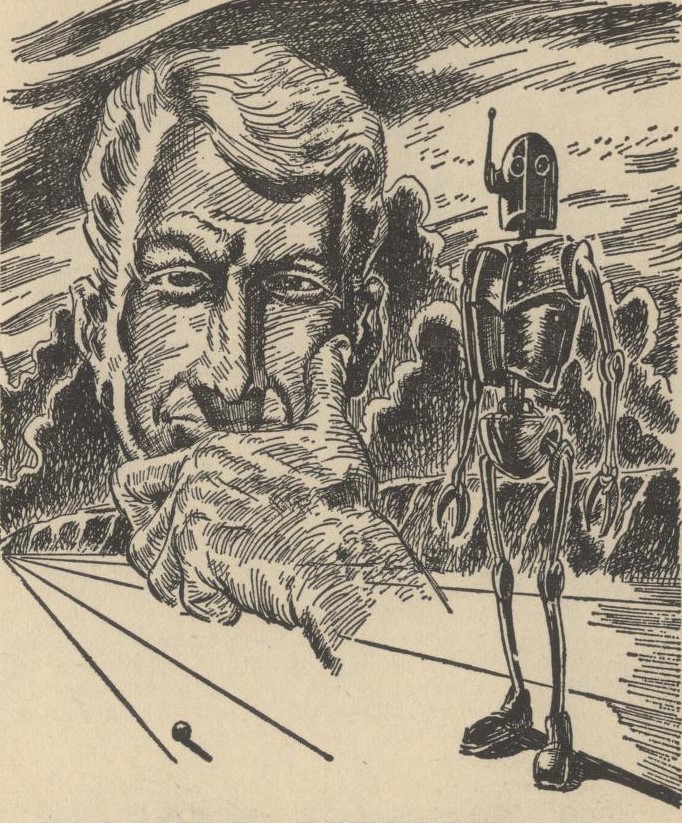
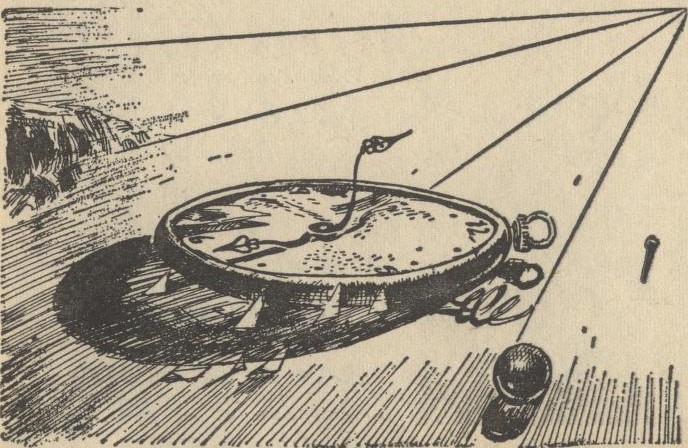
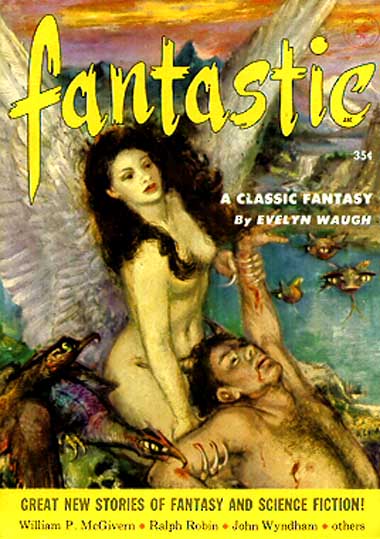
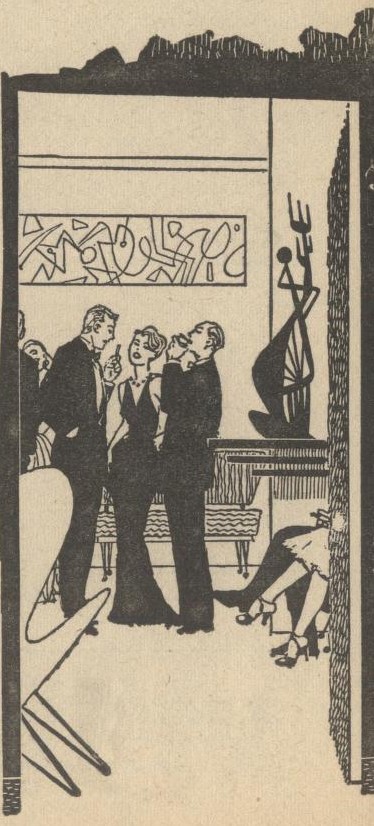
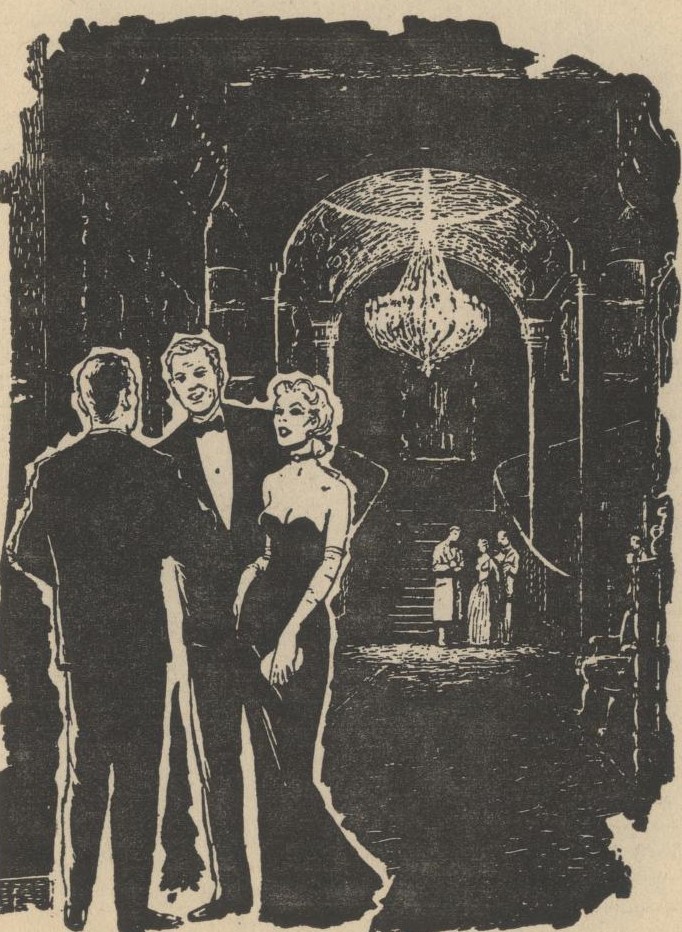
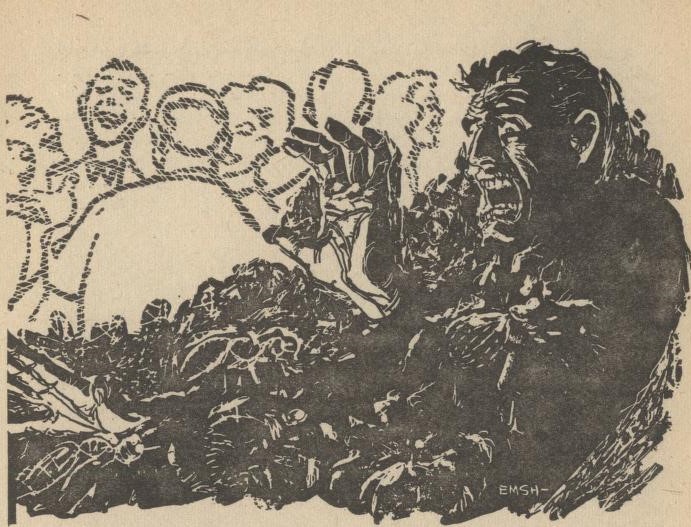
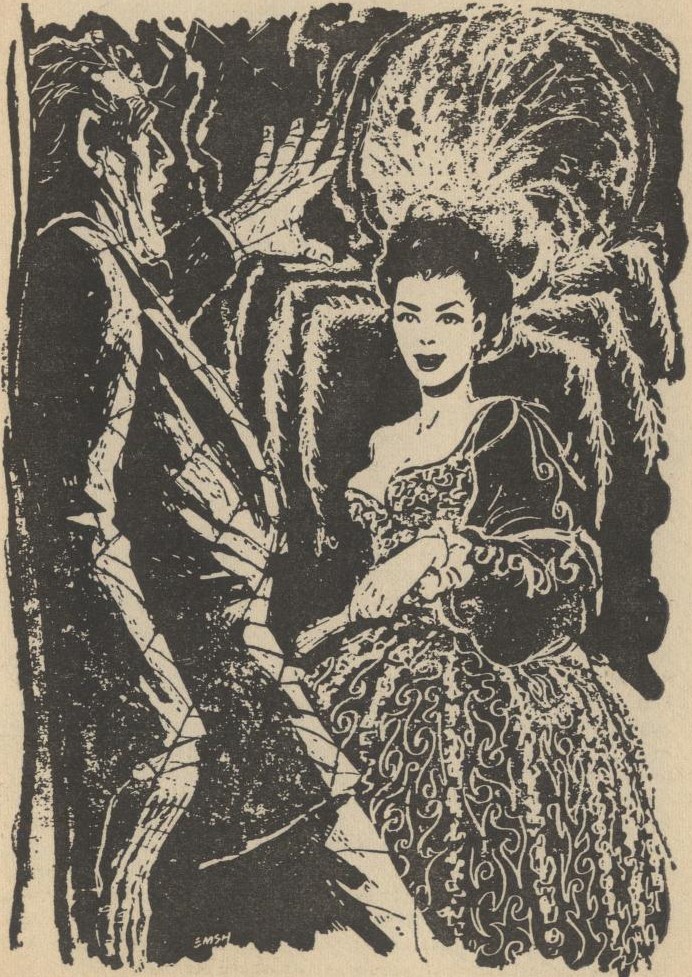
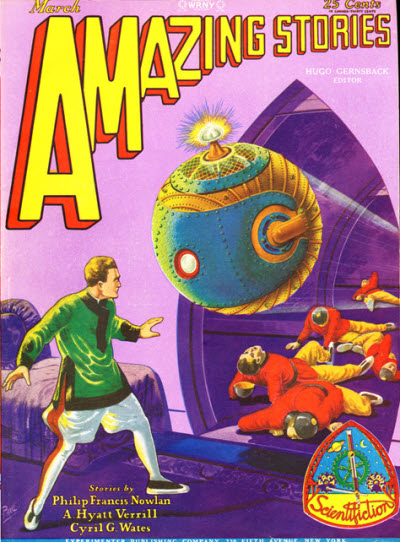
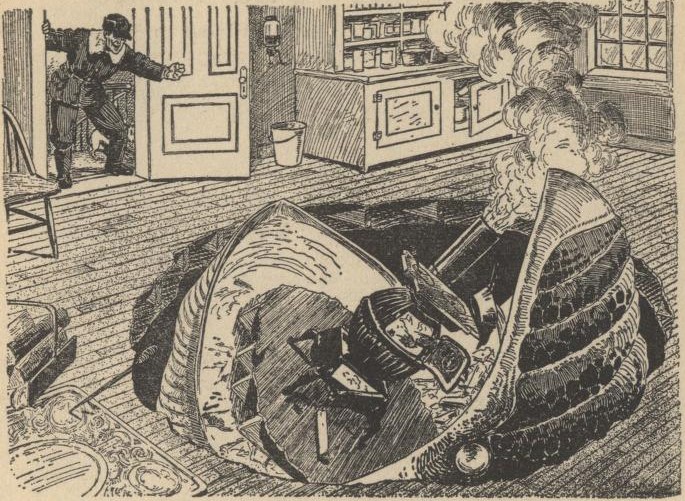

![[July 14, 1965] The New Dispensation (August 1965 <i>Amazing</i>)](https://galacticjourney.org/wp-content/uploads/2020/07/amz0865-cover-500x372.png)

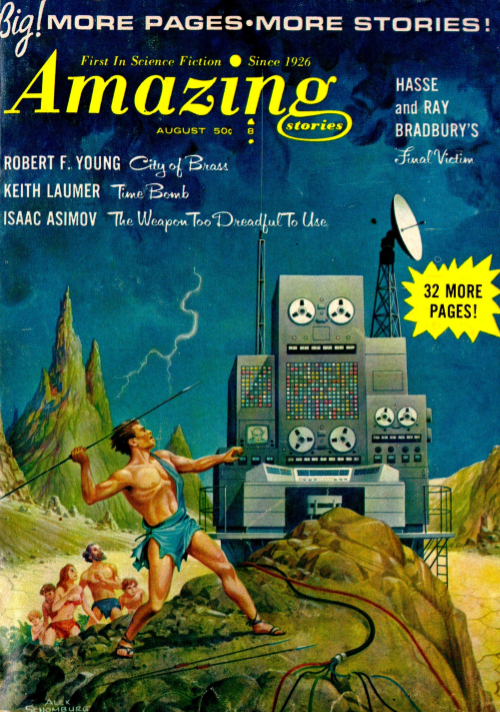




![[June 18, 1965] Galactic Doppleganger (July 1965 <i>Fantasy and Science Fiction</i>)](https://galacticjourney.org/wp-content/uploads/2020/06/650618cover-578x372.jpg)


![[May 6, 1965] Back To Our Roots (<i>New Writings in SF4</i> & <i>Over Sea, Under Stone</i>)](https://galacticjourney.org/wp-content/uploads/2020/05/New-Writings-and-Over-Sea-Under-Stone.jpg)





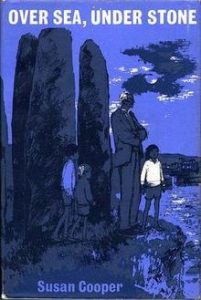

![[April 22, 1965] Cracker Jack issue (May 1965 <i>Fantasy and Science Fiction</i>)](https://galacticjourney.org/wp-content/uploads/2020/04/650422cover-575x372.jpg)




![[Mar. 18, 1965] Per Aspera (April 1965 <i>Fantasy and Science Fiction</i>](https://galacticjourney.org/wp-content/uploads/2020/03/650318cover-672x372.jpg)





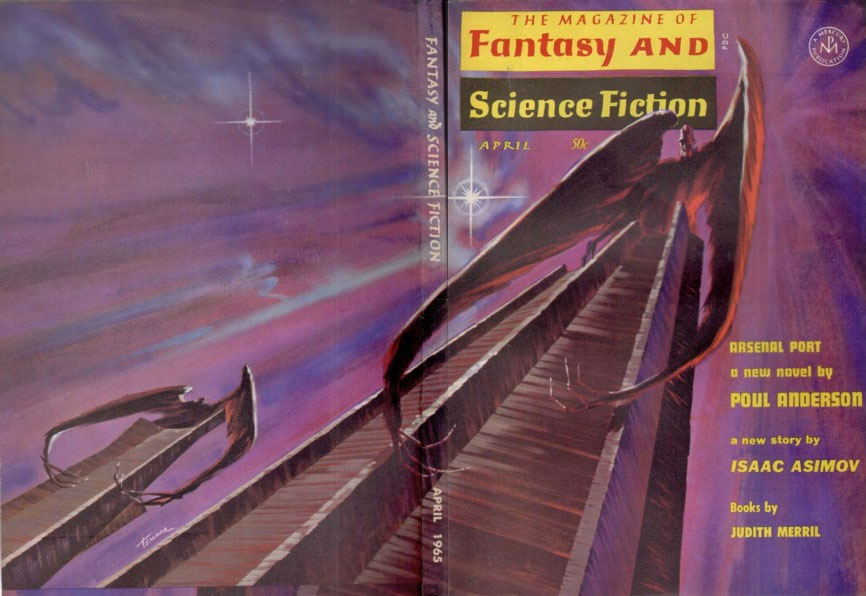
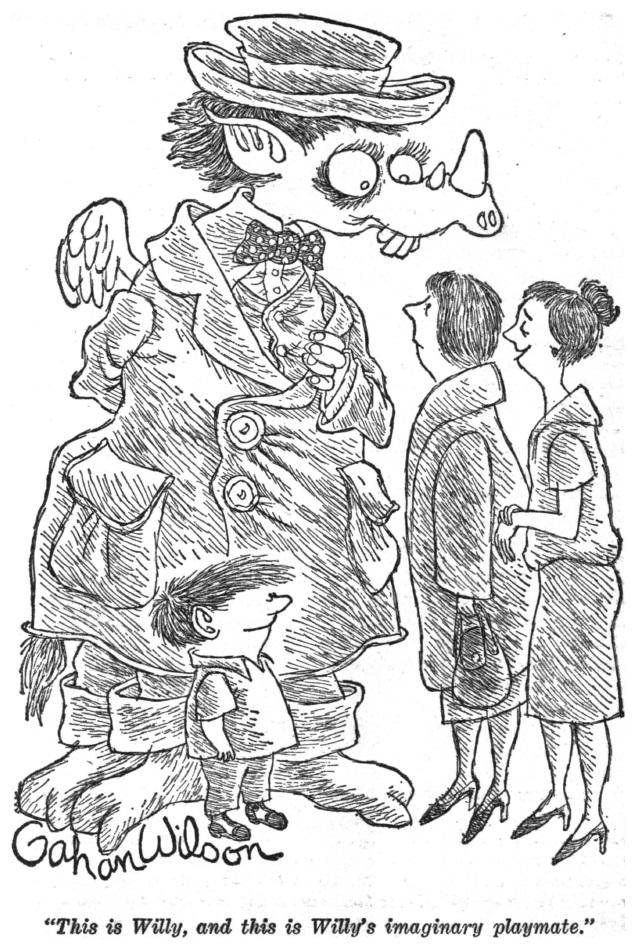
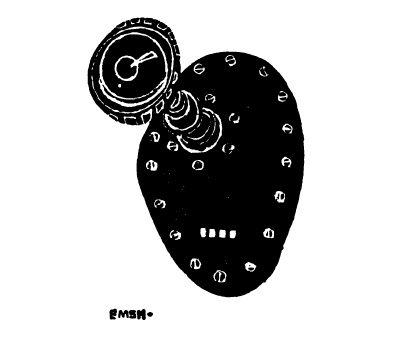

![[February 16, 1965] Return to a Quagmire (March 1965 <i>Fantasy and Science Fiction</i>)](https://galacticjourney.org/wp-content/uploads/2020/02/650214cover-672x372.jpg)





